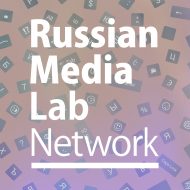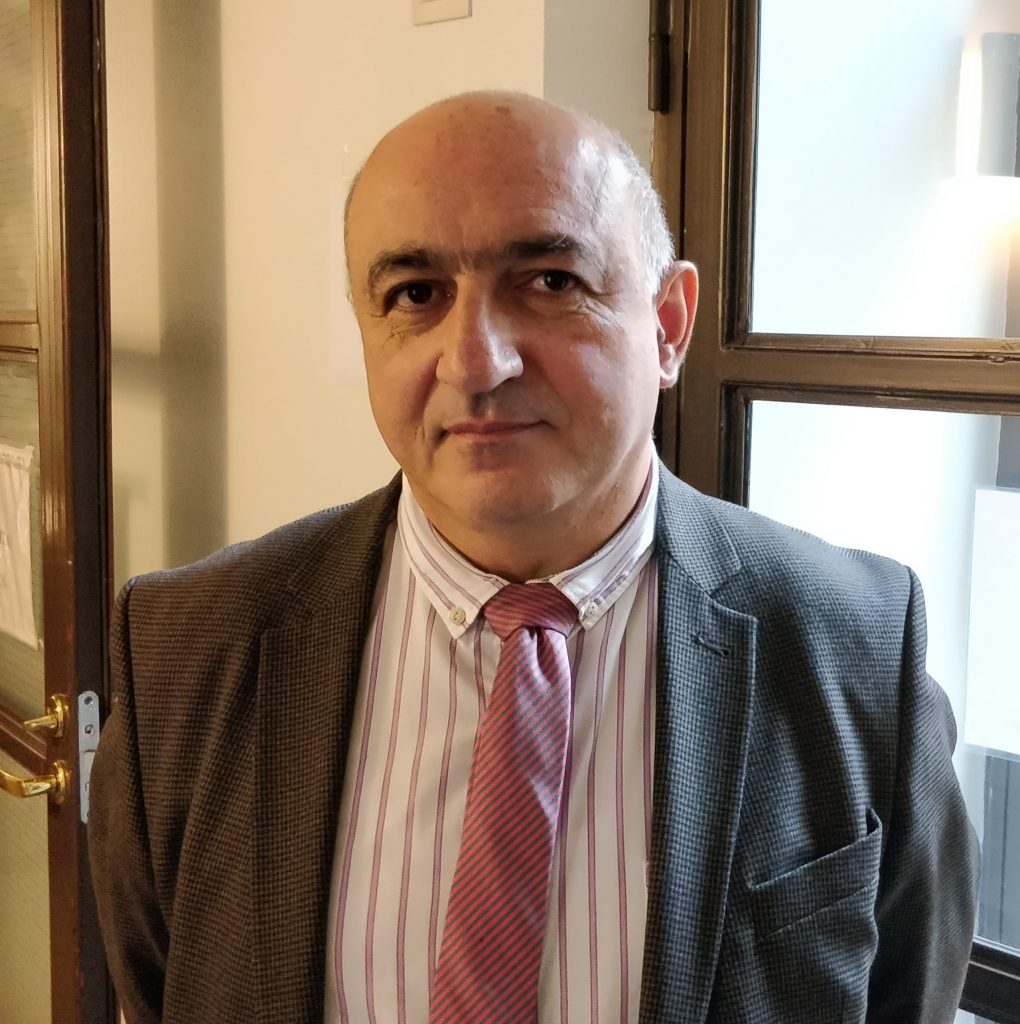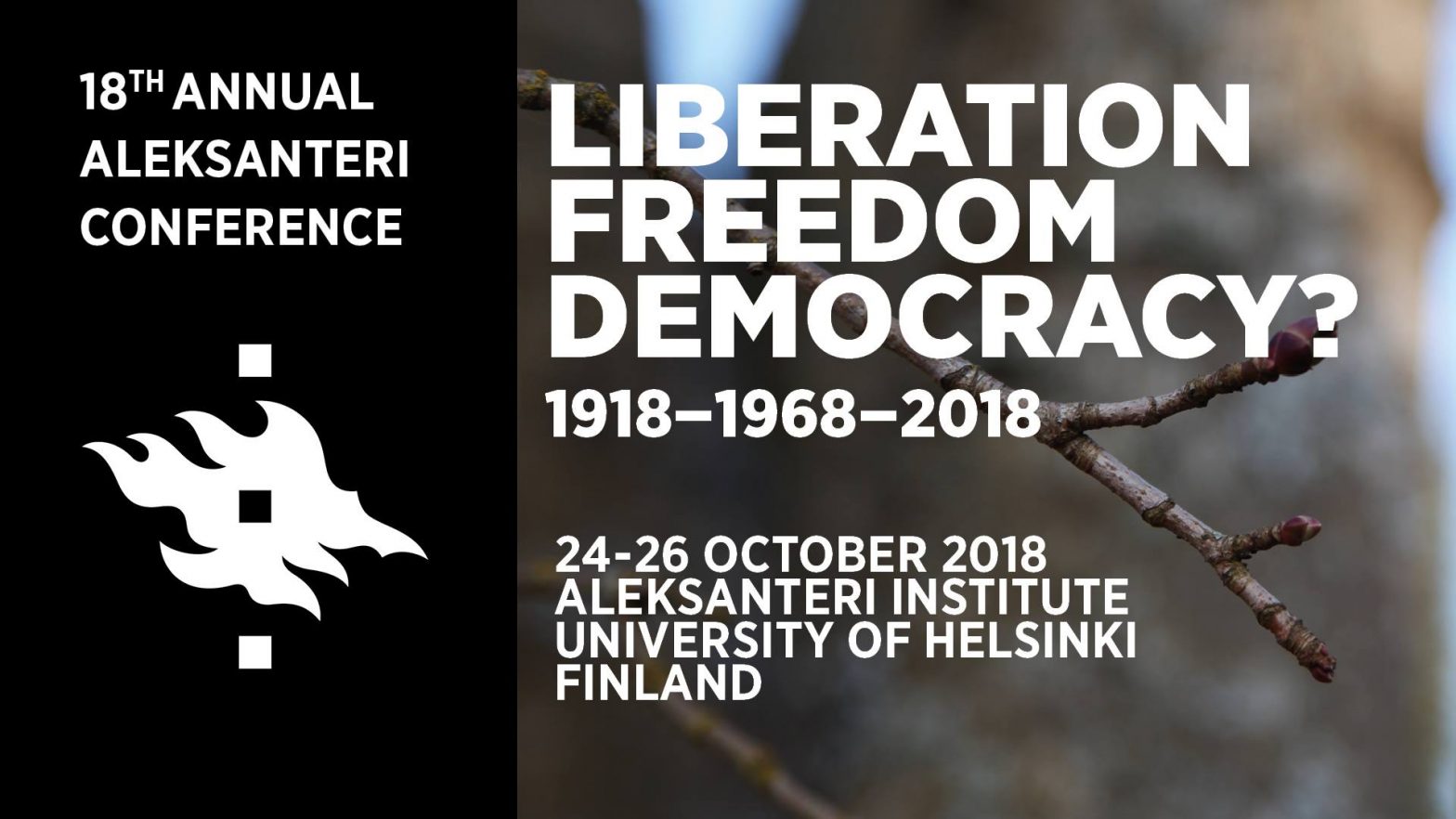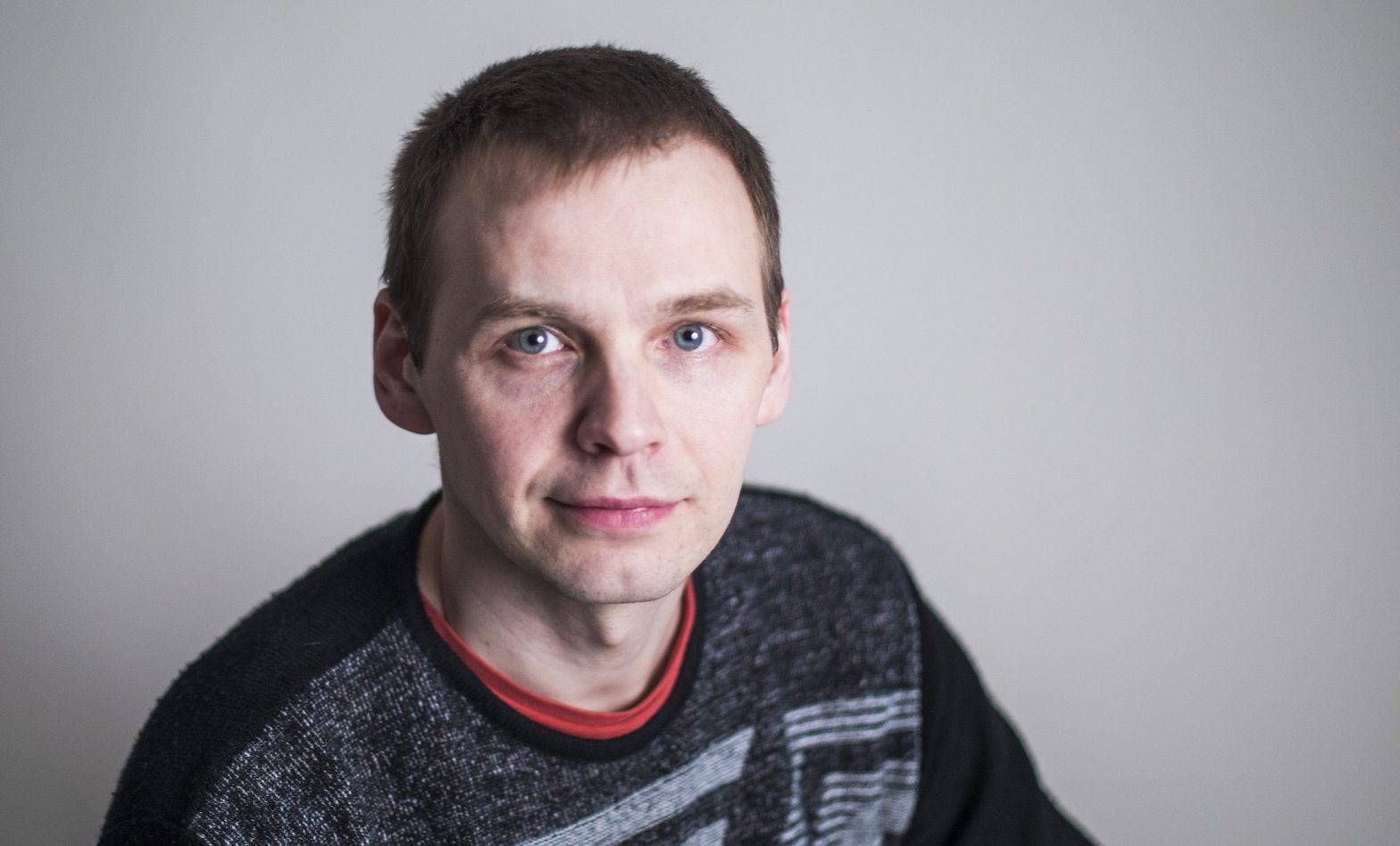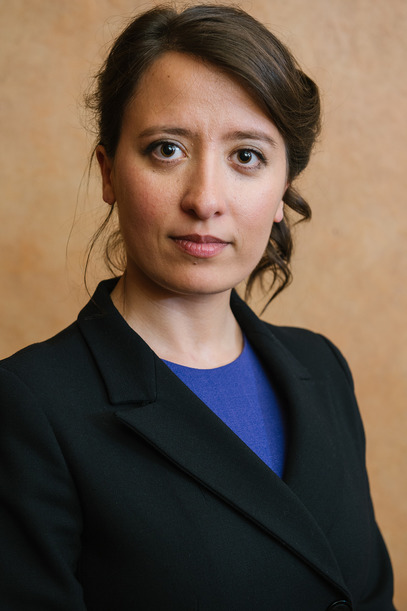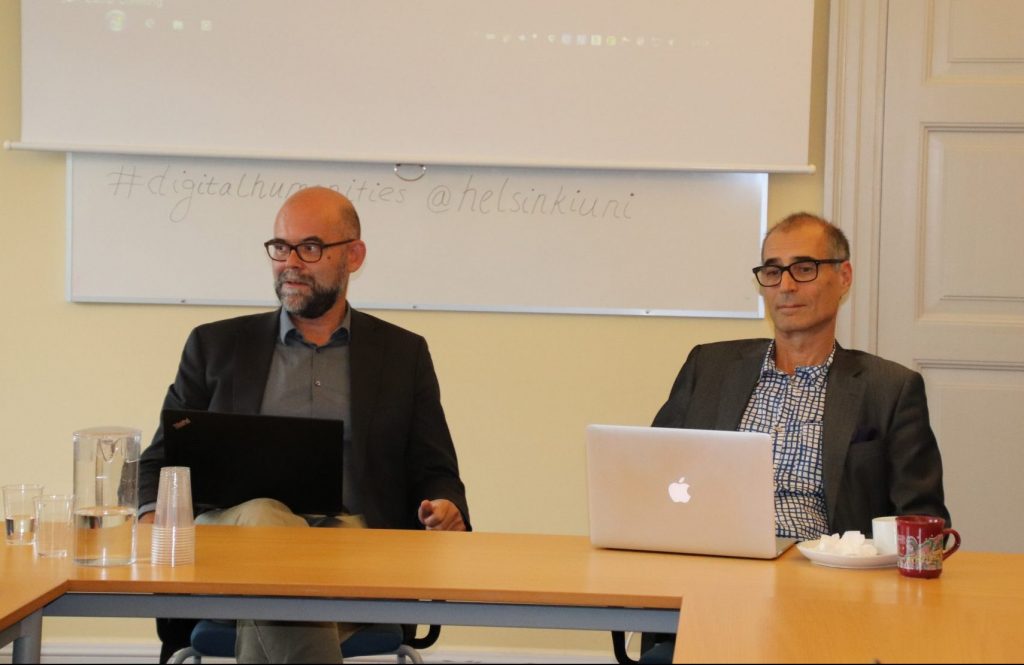by Janne Suutarinen
On 12 October the Media Self-Regulatory Organizations Network (MSON) gathered for a meeting at the Aleksanteri Institute, Helsinki. The network brings together the media self-regulatory bodies of seven post-Soviet countries: Armenia, Azerbaijan, Belarus, Georgia, Moldova, Russia and Ukraine. MSON is supported by Alliance of Independent Press Councils of Europe (AICPE).
The network was created in 2011 as a platform for regional and cross-country cooperation and exchange of experience and best practices. The main output of their work is to influence public and professional opinions through recommendations and statements, for example on how to confront propaganda or political pressuring.
Russian Media Lab interviewed two of the meeting participants: Boris Navasardian, Armenia, and Viorica Zaharia, Moldova. Based on their descriptions, it seems that Armenia is taking a step towards wider press freedom, while Moldovan free journalism still struggles under political pressures.
Boris Navasardian is the president of Yerevan Press Club and member of Media Ethics Observatory, the Armenian media self-regulatory body founded in 2007. Navasardian thinks that the recent Armenian Velvet Revolution of 2018 has opened positive sights for Armenian press freedom. However, the battle against corruption has brought also a new economic challenge for media.
